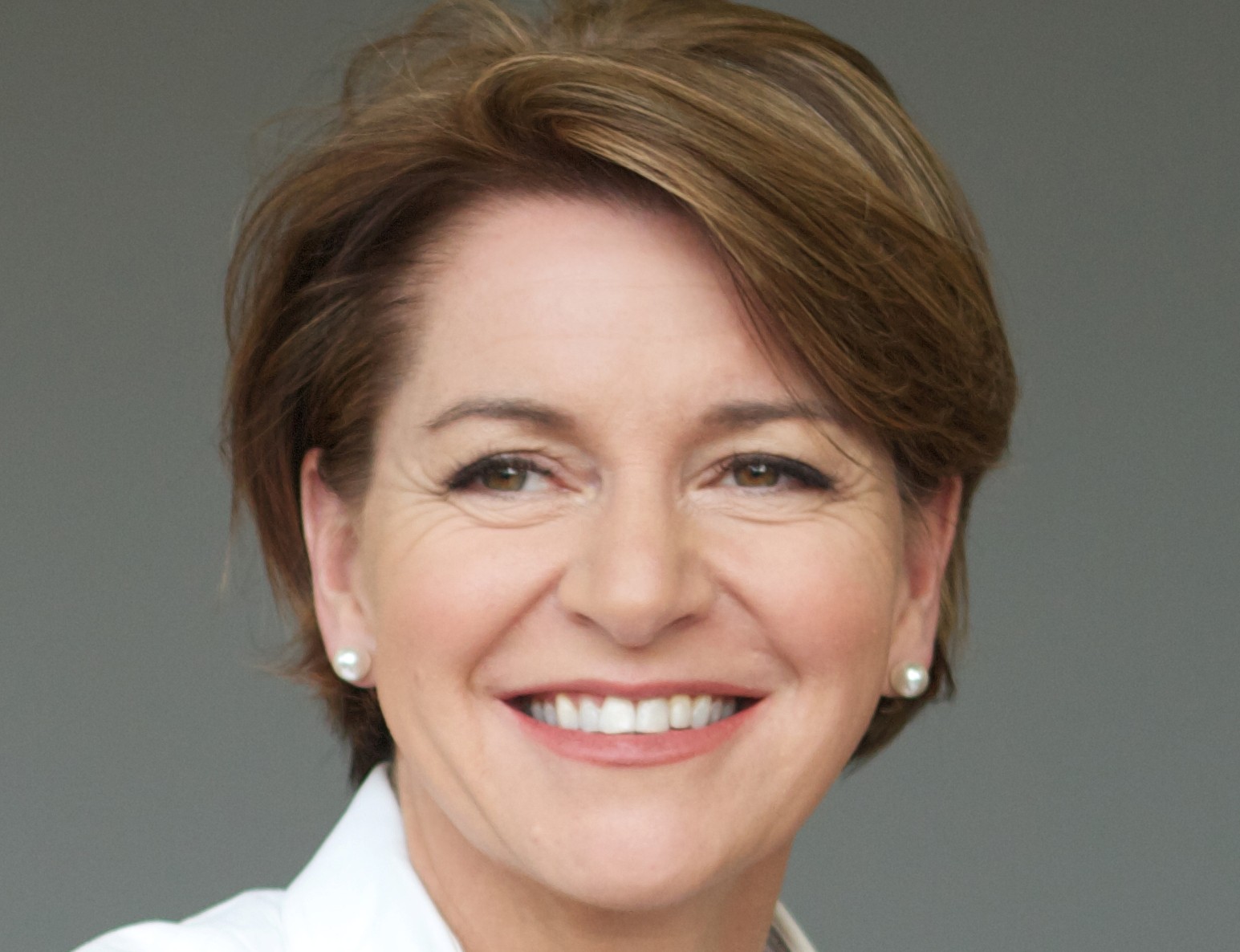With the race for the Liberal Party of Canada leadership in full swing, Martha Hall Findlay has been considered one of the main contenders for the position. The McGill Tribune spoke to Hall Findlay, a former Toronto Member of Parliament, about her vision for the Liberals, her campaign, and the Quebec student movement.
McGill Tribune: In the last federal election, the Liberal Party became the third-place party for the first time in Canadian history. What does the Liberal Party need to do to regain momentum in Canada?
Martha Hall Findlay: I believe very strongly that by the last election, a large number of Canadians weren’t sure of what the Liberal Party stood for any more .… We need to be very clear about our positions that reflect economic responsibility, economic intelligence, and fiscal prudence. We need to be very clear about whether we’re willing to take on the world and embrace the global economic opportunity, as opposed to hiding from it, and we need to be very clear on the social justice and social policy issues that make us Liberal, such as equality of opportunity.
MT: Justin Trudeau has been described as a candidate that appeals to younger voters. What ideas do you bring to the table to engage the youth of Canada?
MHF: That’s a very interesting question. Especially given the large number of [young] people we have on our campaign, I know that they say ‘just because we’re young, doesn’t mean we want somebody young. It doesn’t mean we don’t look in our leadership for substance or experience’ .… I think a lot of people relate to people who have experience that they can identify with.
So for me in particular, the only way I was able to get through university and law school was through student loans and grants. It took me a long time to pay them off, but it was an investment in my future. I was incredibly lucky to have access to loans and grants, so that I could pursue my studies, but that is a tough thing to do, and you end up having to work through school to be able to get that financial assistance, while also knowing that in the years to come, you have to repay it, it’s not free. … That kind of experience is incredibly valuable in terms of people understanding what you understand. I think people really appreciate having a leadership that understands what they’re going through.
MT: You ran for the leadership of the party in 2006. What will be different about this campaign?
MHF: Hah. Well, I have more wrinkles. Lots more. [Laughter] I am six years older. Certainly since then, I’ve been elected twice, and in my case, held four different cabinet positions, which have added tremendously to my own experience— especially political experience. I’ve learned a lot in that regard. It was a much longer campaign; it was 10 months. That length of time [allowed] me to… travel across the country, which was absolutely extraordinary. This one is shorter, so we have to run a bit of a different campaign. Because of improvements in technology in the past six years … [we hope to use] technology and social media to great effect. That’s something that, given the talent of our campaign people, we’ll be doing a lot more.
MT: One of the main issues in Quebec and on the McGill campus in the past few months was that of tuition increases, leading to wide participation on the student movement. What are your thoughts on that issue and the subsequent government reaction?
MHF: Quebec is facing some challenging economic times for sure, and a lot of people are having to cut back, a lot of people are having to make do. I would love it if the government had engaged the students in a discussion early on about what those challenges are, how the students can participate in dealing with larger provincial issues. I firmly believe, that when you ask people—when you explain the challenges facing the whole community—and ask for their advice on how to help, and how to work through that, that would have been fantastic. That would have been a very interesting discussion with a lot of the students—to talk about what role tuition plays in the overall fiscal situation in the province. Unfortunately, that wasn’t done, and we saw the reaction. I felt very strongly about the law restricting protests—I thought that was a mistake. I’m a big supporter of freedom of speech.
—This interview was edited and condensed by Carolina Millán Ronchetti.









Pingback: Candidates go head-to-head in final Liberal leadership debate | McGill Tribune